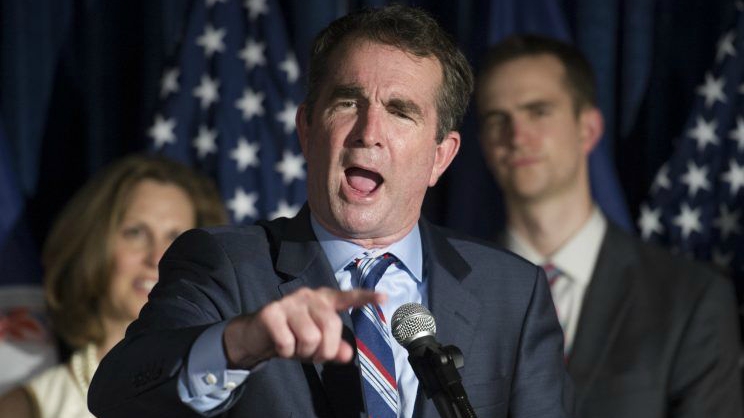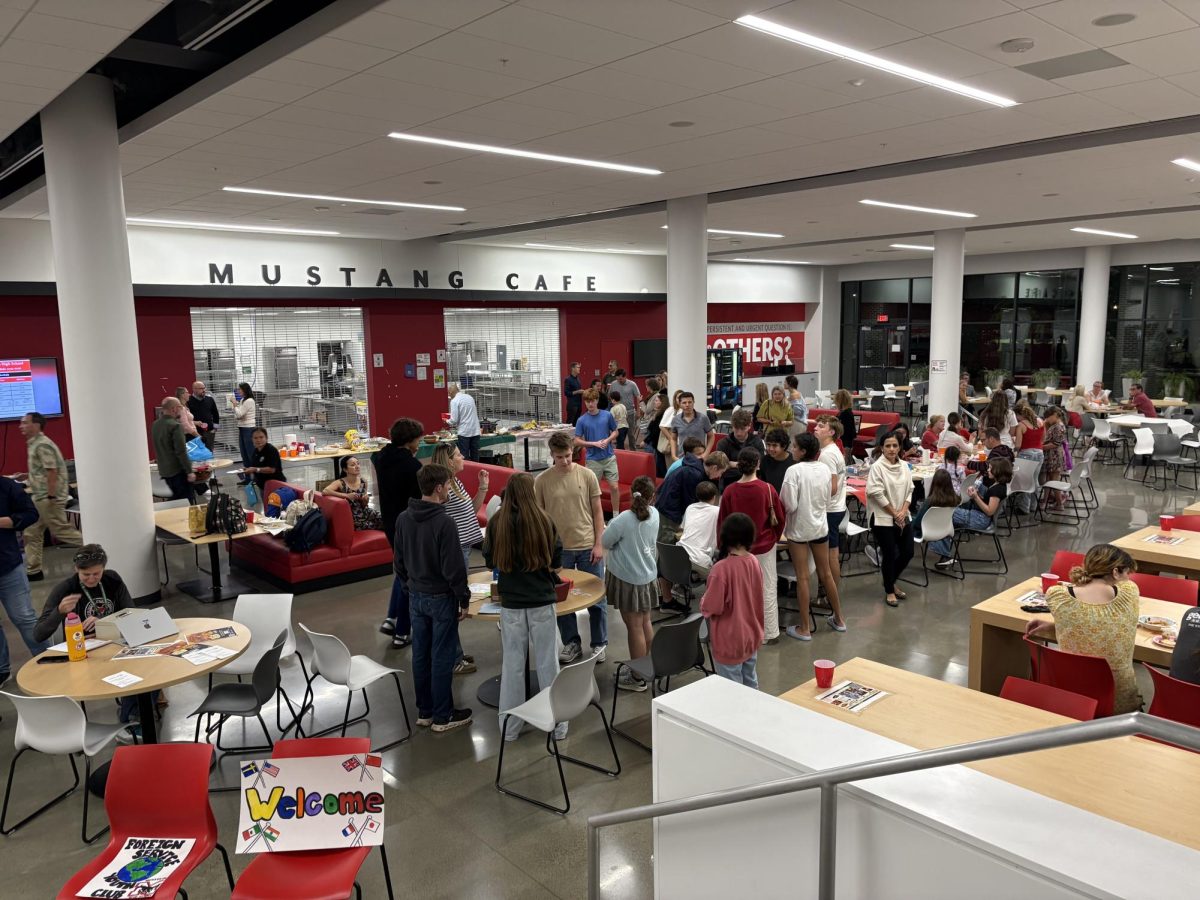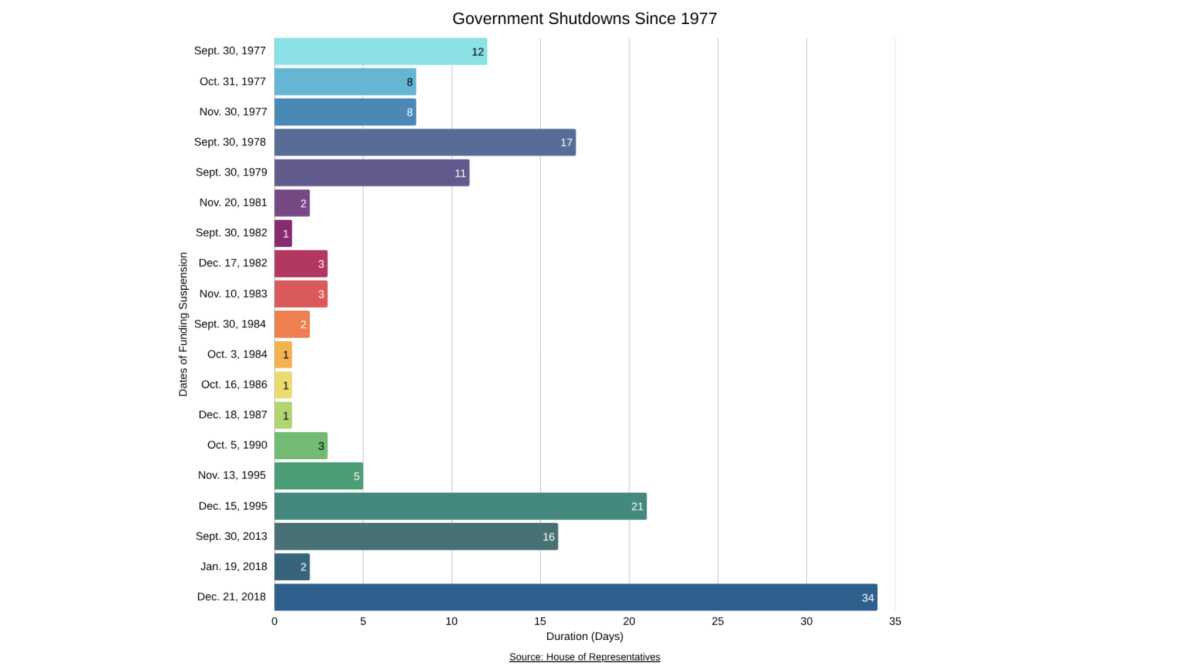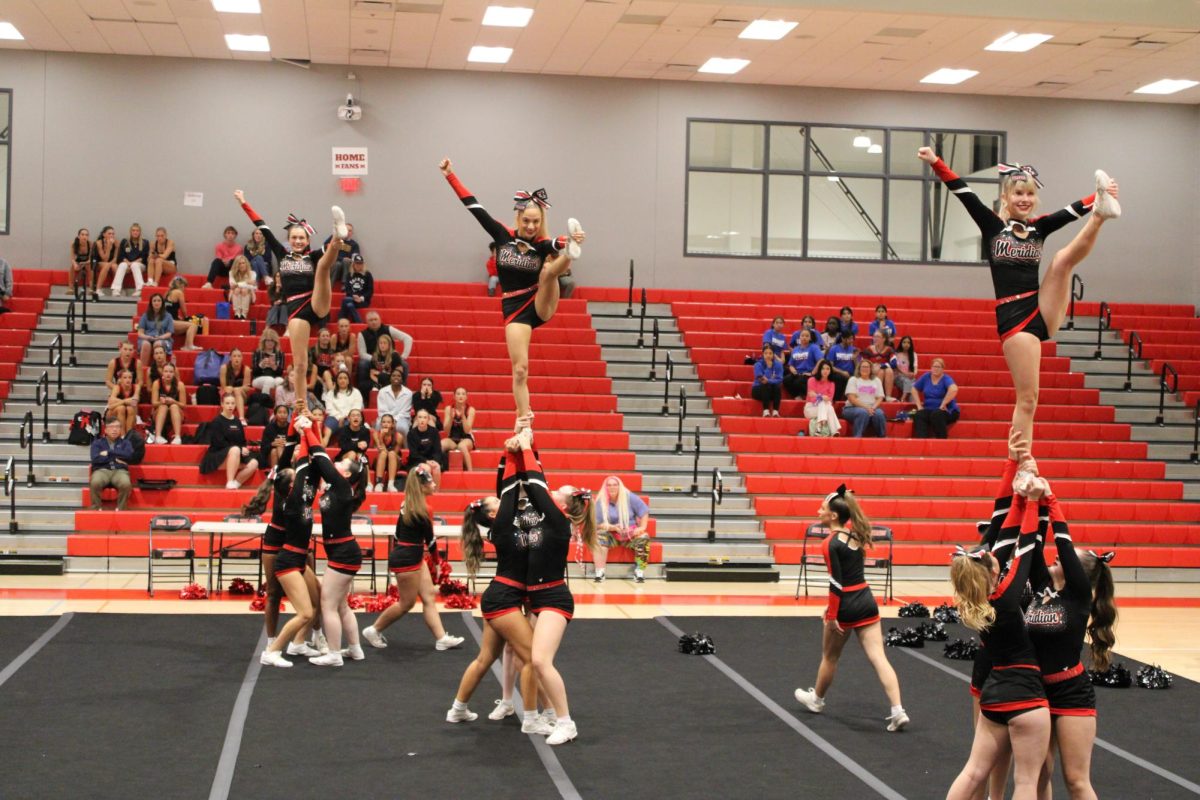Since 1969, the Virginia Governor’s office has not been under the control of a single party for more than 12 years. Unlike many states, where a single party maintains near control of the Governorship for decades, gubernatorial elections in Virginia are massively unpredictable.
As Terry McAuliffe, the moderately popular- if not particularly notable- Democratic governor finishes off his maximum term limit, one of the most contentious and significant gubernatorial races of the year approaches it’s final weeks.
With the 2018 midterms arriving in roughly a year, the same set of elections that eliminated Obama’s early term congressional Democratic majority, the Virginia gubernatorial election is considered a major indicator for the rest of the country. After all, the election of Republican Bob McDonnell as Governor of Virginia after eight years of Democratic governors was an accurate predictor of the Republicans regaining the majority in Congress.
Therefore, many pundits as well as senators and congressmen up for re-election next November, are looking anxiously towards this race to gauge the success, or lack thereof, of the Democratic opposition strategy across the nation.
More than 16 million dollars already raised by both candidates also accentuate how seriously both parties are taking this election. National special interests and major partisan fundraisers rarely flex their muscles to such an extent for a typical gubernatorial contest.
Right now, according to the latest poll released by Monmouth University, Ralph Northam (D) and Ed Gillespie are tied neck and neck. While other polls suggest that Northam has a sizable lead, the volatility of the polling data (Northam suffered a massive loss in his lead between May and July) has made the race for the Governorship either candidate’s game.

These new statistics are becoming increasingly concerning to Democratic pollsters and strategists, considering more than 57% of Virginians view Trump unfavorably and the Northam campaign was hoping to capitalize on this opposition. The shrinking of Northam’s 14 point lead on Gillespie as of May 14, to nothing in a matter of months, inversely to Trump’s ever decreasing popularity rating, has done little to assuage their fears.
However, despite the newfound confidence amongst Republican strategists in Virginia, the recent success has had little to do with any sort of Trump-like aggressive grassroots approach to campaigning.
In fact, this election has already spoken to the permanence of the previously successful rank-and-file “working class” centric movement spearheaded by Trump and Bernie Sanders on each side of the aisle.
Both of the grassroots populist candidates, Corey Stewart (R), the former Trump campaign chair of Virginia and vehemently anti-immigration firebrand with a knack for stirring controversy (See page 16) and Tom Perriello (D), a former congressman of the progressive caucus endorsed by Bernie Sanders, have been knocked out in the primaries by party establishment figures.
This indicates that next few months will be a clash of party loyalty as opposed to candidate loyalty, especially with nearly 50% of Virginians having no opinion of either individual candidate, according to a poll by Monmouth University.
The Democratic nominee Ralph Northam, a former pediatrician and current Lt. Governor with endorsements from our current governor and both of the current Virginia senators, has based his campaign around health care protection, as Republican efforts to deconstruct the generally popular Affordable Care Act continue.

Not to mention the hallmark of establishment Democratic national campaign strategy, Trump opposition.
Ed Gillespie, the Republican nominee, seems to be a candidate straight out of the establishment mold, having served as the RNC chair during the final years of the George W. Bush Presidency.
Gillespie also acted as a close advisor to Bush, who is partly responsible for financing his campaign. Gillespie has received endorsements from high profile center-right Republican figures such as the popular Ambassador to the UN, Nikki Haley, and former Virginia Governor Bob McDonnell.
The Republican nominee has centered his platform around a 10% decrease in state income tax, yet has veered away from Trump’s hard stance on immigration and energy, gambling that the so-far more moderate Virginia Republican voter base will be more receptive to fiscal policy vs. right wing rhetoric.
However, both candidates in the past few weeks have attempted to ride the wave of astronomical primary turnout (numbering in the millions), by appealing to left-wing progressive and right wing conservative rhetoric respectively to capture the attention of the grassroots and primarily working class supporters of Northam and Stewart.
Gillespie is even referencing President Trump in gubernatorial debates, where previously he avoided even mentioning or addressing the President at all costs. A considerable risk considering Virginia is the only Southern state that went for Hillary Clinton in the General Election.
Meanwhile the only fully anti-establishment figure left in the race seems to be the Libertarian candidate, Cliff Hyra, a former Attorney with no political experience who, unopposed in the Libertarian primary, has advocated primarily for a variety of fiscally conservative “free market” reforms. Hyra has also taken several socially liberal stances such as the legalization of marijuana.
With the race reaching its final months (the election set for November 7) all candidates are looking for volunteers. Remember that political canvassing and volunteering can be used to fill community service/volunteer requirements for AP Government, or IB students.
If you are interested in participating in a campaign, learning about politics and government first hand, or getting a feel for a potential career in government or politics, take a look at the candidates’ eponymous campaign sites.










